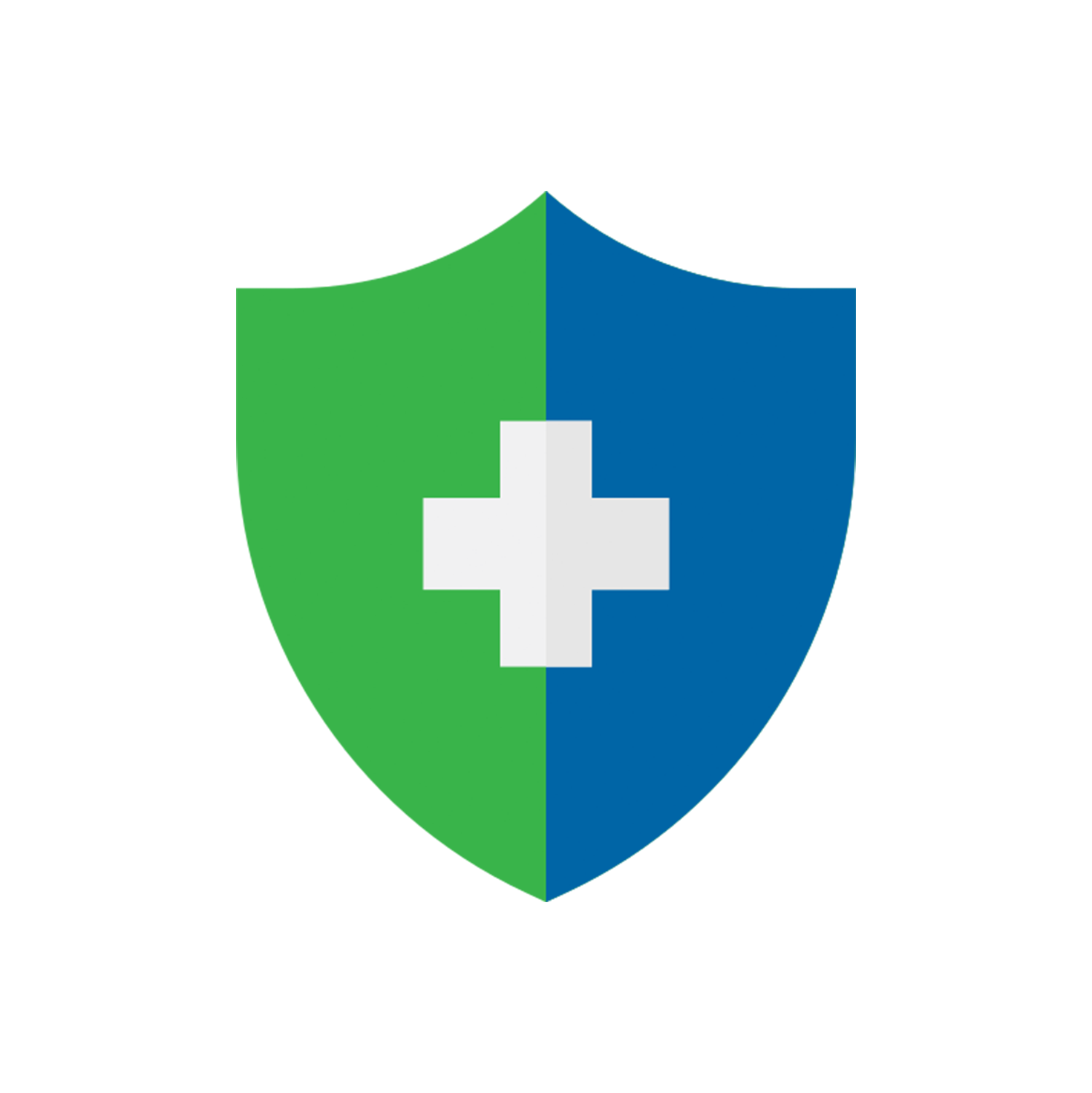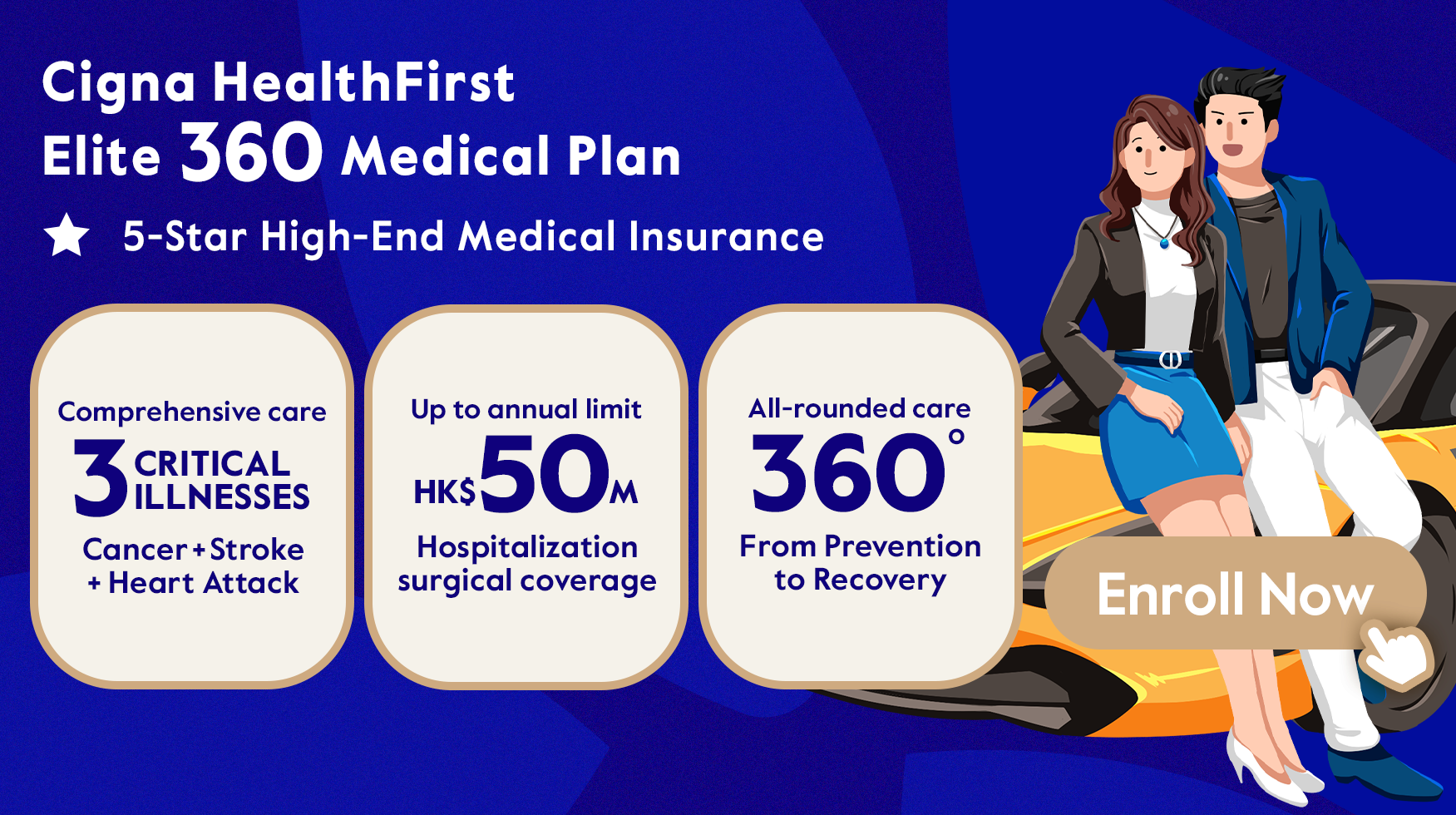While the temperature is dropping, it is vital to keep yourself warm and stay energized with adequate sleep to avoid getting cold, as well as tonsillitis and purulent at the tonsils. If tonsillitis recurs frequently or enlarged tonsils (inflammation and swelling) are observed, you should consider receiving a tonsil removal (tonsillectomy) as a cure. Cigna Smart Health is going to introduce the treatment details in this article.
Who Should Receive Tonsil Removal?
Your doctor may recommend you to receive tonsil removal If:
- Repeated infection and inflammation of the tonsils adversely affect your daily life;
- Tonsillitis does not respond to other treatments;
- Complications are observed due to inflammation.
Individuals with the conditions below are also suggested to undergo a tonsillectomy.
- Chronic tonsillitis: Those with frequently recurring episodes of tonsillitis in a single year (over 7 times) or at least five episodes a year in the past two years should receive the treatment
- Sleep apnea: Enlarged tonsils may obstruct your airway and lead to sleep apnea, so a removal can improve your breathing during sleep
- Suspected malignancy at the tonsils: If you observe an unknown lump or a noticeable size difference between both sides of your tonsils, a tonsillectomy is required for tumor tests.
Treatment Fees of Tonsil Removal
Tonsil removal is an intermediate operation which is performed under general anesthesia. Charges of private hospitals in Hong Kong are from $37,661 to $71,232. Depending on your post-surgery conditions, one to three days of inward observation is generally required.
| Private Hospitals | Average Hospital Stay (Days) | Fees (HKD)* |
| Precious Blood Hospital (Caritas) | 1.29 | From $49,747.5 |
| Gleneagles Hospital Hong Kong | 1.3 | From $46,580 |
| St. Paul’s Hospital | 1.4 | From $53,265 |
| Hong Kong Adventist Hospital | 2 | From $37,661 |
| Canossa Hospital (Caritas) | 2.4 | From $71,232 |
*Fees as of 4 Sep 2022
Note: Some of the plans do not include special procedures. For detailed pricing, please contact respective private hospitals.
During and After the Procedure
Tonsil removal usually takes 40 minutes. Before the surgery, you will receive general anesthesia from an anesthesiologist. Your surgeon will use the technique and tools that are best for your condition. In general, the surgeon may cut out the tonsils using a blade (scalpel) or a specialized surgical tool that uses heat or high-energy heat, or sound waves to remove or destroy tissues. This tool is safer than conventional equipment in stopping bleeding.
After the procedure, you should:
- Stay one to three days in the hospital for observation.
- Avoid coughing hard or having irritative foods and drinks.
- Eat soft and cold foods for a day, such as jelly and ice cream.
- Rinse your mouth with water after your meals to maintain your oral hygiene.
- Apply ice on your wound if you feel pain and find bleeding.
Does Tonsil Removal Lower Your Immunity?
According to Dr. Hui Yui Cheung, a specialist in Otorhinolaryngology, the tonsils are the immune system's first line of defense against bacteria and viruses that enter your mouth. Along with your growth, the importance of tonsils in the immune system decreases while the organs of the system become mature. Regarding the question on whether removing tonsils lowers your immunity, there is no definite answer among scientists. The tonsils are only a small part of the lymphatic system. Apart from them, bundles of lymphatic tissues in the throat can also perform the same immune functions and so maintain your body’s immunity.
Complications After Tonsil Removal
After tonsillectomy, you may have the following complications, including ear pain and bleeding. If you have the conditions below, you should visit your doctor as soon as possible.
- Bleeding: It is normal to see small specks of blood from the nose or in the saliva, but you should seek medical advice to avoid obstructing the airways if persistent and heavy bleeding is shown.
- Pulmonary effusion: The condition may appear due to the excessive air pressure change caused by the clearer airways after the surgery.
- Pneumonia: Individuals with weak expectoration may have pneumonia due to the accumulation of phlegm after the operation.
If you have the conditions below, you should visit your doctor at your earliest advance.
How Can Cigna Care Managers Help You?
Sudden hospitalization or unplanned surgery can be stressful for you and your family members, and Cigna Care Manager are standing by to help. Staffed by passionate registered nurses possessing proven clinical experience of handling complex situations, Cigna Care Manager will offer 1-to-1 support from pre-treatment preparation, during treatment, to post-hospitalization care. They will provide reliable and professional support to you and your family members so that you can enjoy peace of mind and have a speedy recovery.
Cigna HealthFirst Elite 360 Medical Plan offers comprehensive and personalized medical coverage across the stage prevention, diagnosis, treatment and recovery, with a range of hospital and surgical benefits, optional insurance benefits with an annual limit of up to HK$50 million, personalized health assessment, three critical illnesses(cancer, stroke and heart attack) all-rounded care and international medical concierge service. A 360-degree total health protection that spans across all the key stages of your health journey. Learn more here.
Source
© Cigna Healthcare 2023
Information provided in this article is intended for health and fitness purposes only and is not intended for use in the diagnosis of disease or other conditions, or in the cure, mitigation, treatment or prevention of disease (see Terms & Conditions for details). Any health-related information found in this article is available only for your interest and should not be treated as medical advice. Users should seek any medical advice from a physician, especially before self-diagnosing any ailment or embarking on any new lifestyle or exercise regime. Any information contained in this article may not be suitable, accurate, complete or reliable. Cigna Healthcare accepts no responsibility for the content or accuracy of information contained on external websites or resources, or for the security and safety of using them. "Cigna Healthcare" and the "Tree of Life" logo are registered trademarks of Cigna Intellectual Property, Inc. in the United States and elsewhere, licensed for use. All products and services are provided by or through operating subsidiaries, and not by The Cigna Group.




